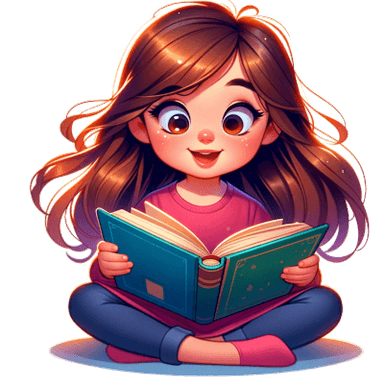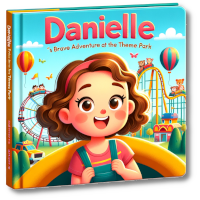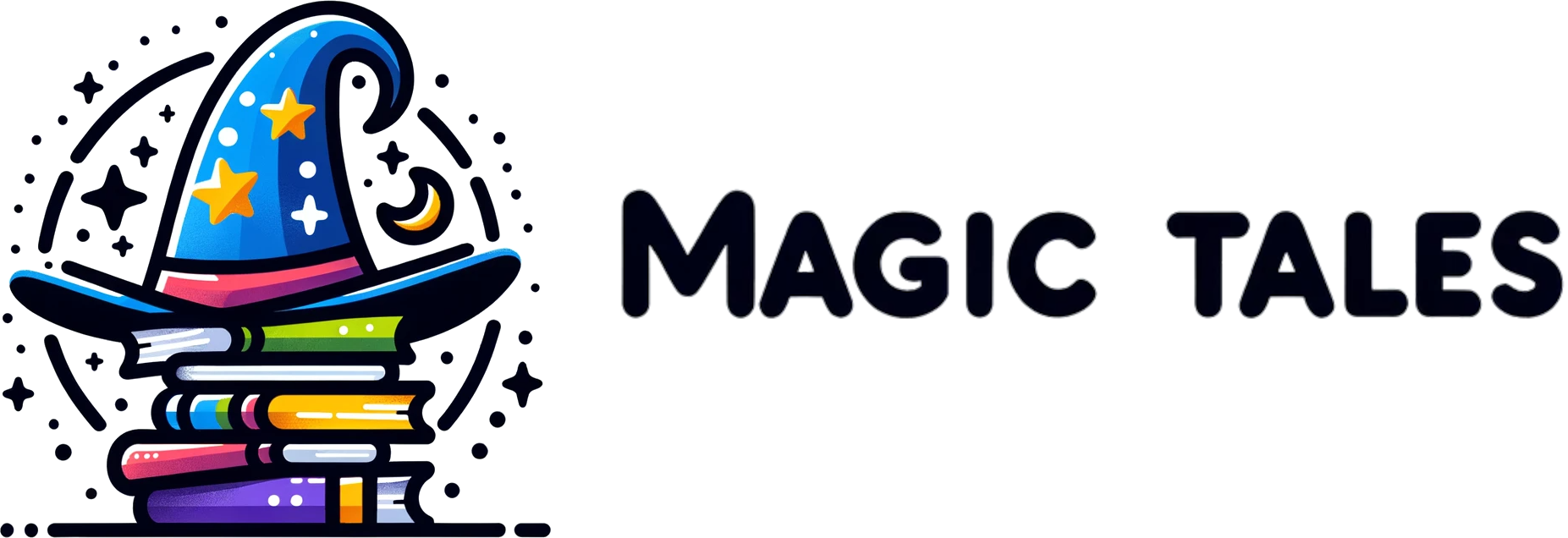Reading with children
a blog by Magic Tales

The Playful Nexus of Imaginary Friends and Emotional Intelligence in Children's Literature
One of the most captivating elements of childrenhood is the capacity to create, develop, and converse with Imaginary Friends. Emerging from the secret whisperings of our young minds they embody many things-a comforting companion, a protector against the unknown, or even a confidant to unload our deepest secrets to. Children books act as a vibrant vehicle in capturing this extraordinary phenomenon. Fostering emotional intelligence, these imaginary figures spin tales of empathy, resilience, and understanding into young minds.
Imaginary Friends and Their Rendezvous in Literature
Imaginary friends are more than just products of a fruitful imagination. They often come to life in the pages of children's books. Whether it's Calvin's philosophical tiger, Hobbes, or Loony’s mischievous friend, Beekle, children literature revolve around these imaginary companions. While some adults might treat this as a whimsical phase, various studies have found intellectual and emotional benefits linked with creating imaginary friends.
Stepping Stones to Emotional Intelligence
Emotional Intelligence pertains to the skill of identifying, understanding, and managing emotions. It's about navigating social complexities, making critical decisions, and managing interpersonal relationships smartly. Literature does a splendid job of honing this emotional proficiency in kids by offering hustling-bustling characters and elaborative emotional landscapes.
In situations where real-life interactions may not provide the scope to empathize or understand different emotions, books come as saviors. Imaginary friends in narratives take children on an emotional roller-coaster. They become their allies in exploring and validating their feelings.
Imaginary friends also facilitate a space for children to rehearse real-world scenarios, thus instilling them with social insight, emotional comprehension, and resilience.
Bridging the Gap Between Fantasy and Emotional Growth
Amidst the colorful pages of children's books, young minds grow, learn, and develop the art of empathy and emotional understanding. Plots with imaginary friends provide a safe harbor to decipher emotions, relationships, and the importance of resilience.
Books like 'Beekle-the Unimaginary Friend' and 'Calvin and Hobbes' exhibit a kaleidoscope of emotions ranging from happiness, despair, confusion, resolve, and myriad more. The narrative devoted to these imaginary buddies teaches children that it's okay to be sad, ecstatic, lonely, or excited. It's okay to express and discuss these feelings.
So, the next time you pick a book for your kid, let it be one that sets their imagination free and enhances their emotional intelligence. As they immerse themselves in these magical world of pages, they’ll learn emotional lessons that stay with them for life. As they say, some friends are real, and some are imaginary, but the lessons they provide about emotions are truly enduring and vividly real.
Want a personalized book to read with your child about Imaginary Friend?
Takes as quickly as 30 seconds to create
Create a book about Imaginary Friend

